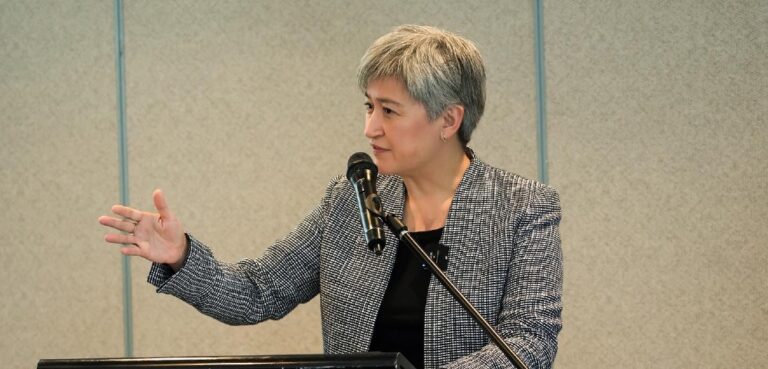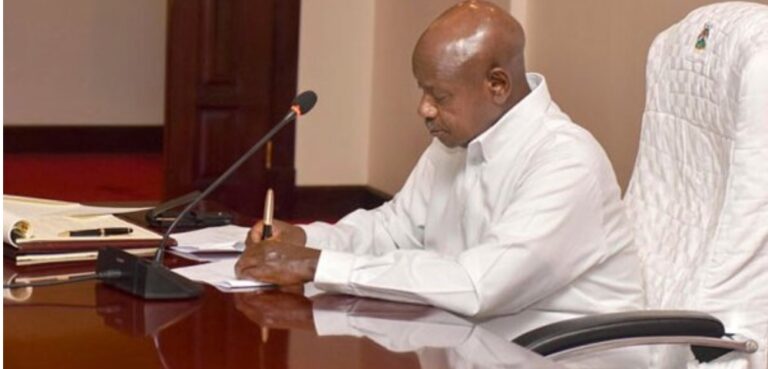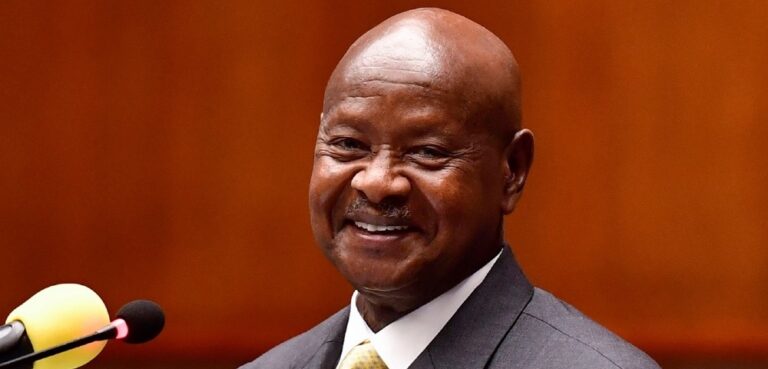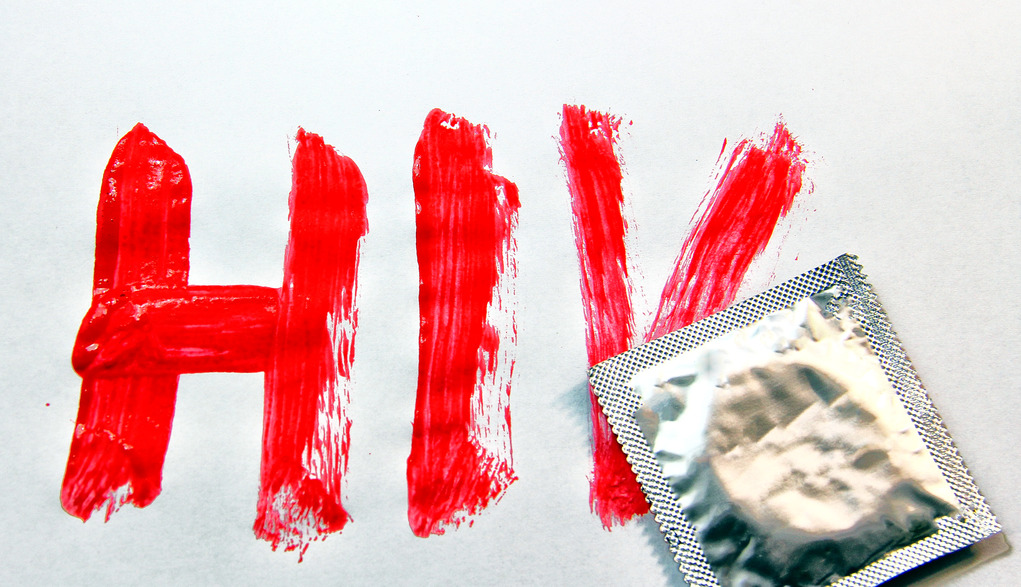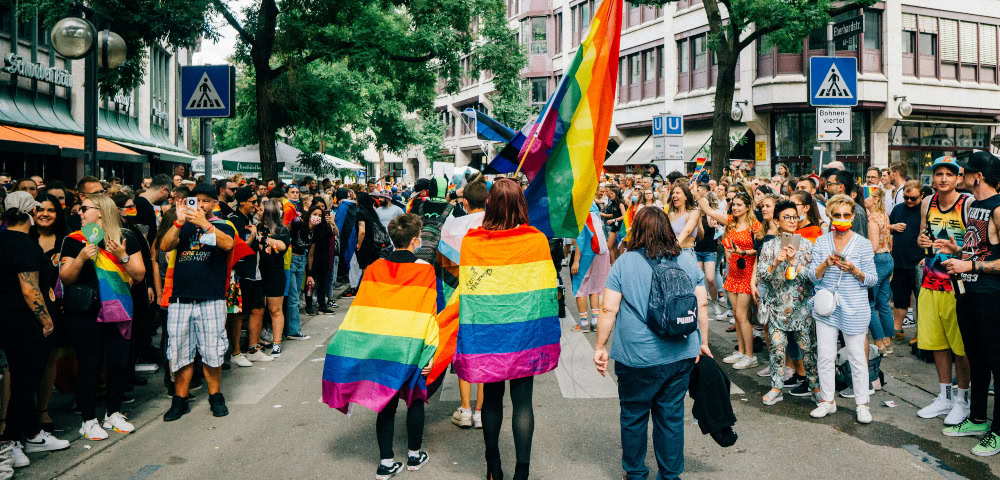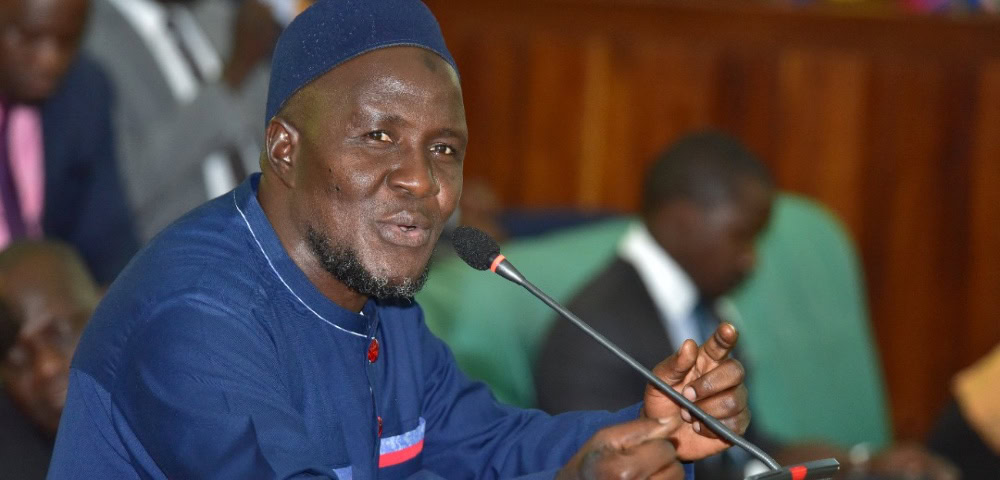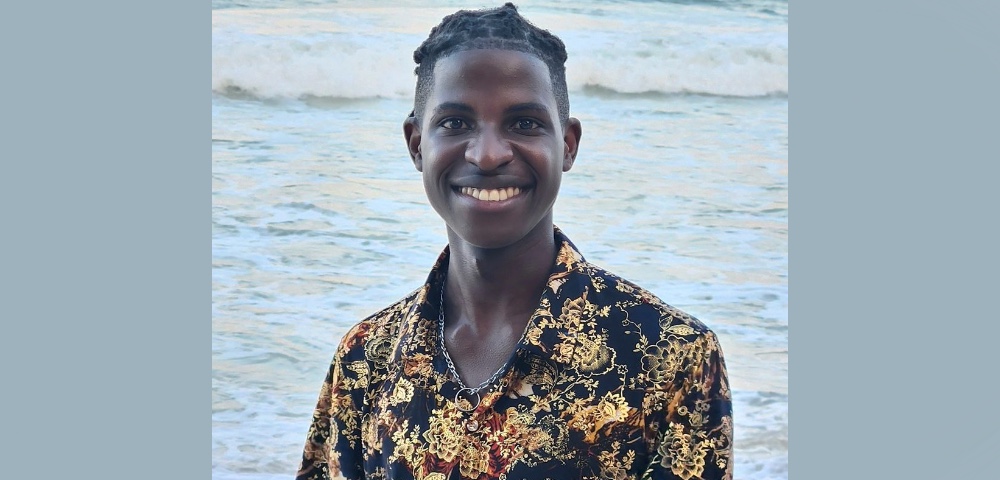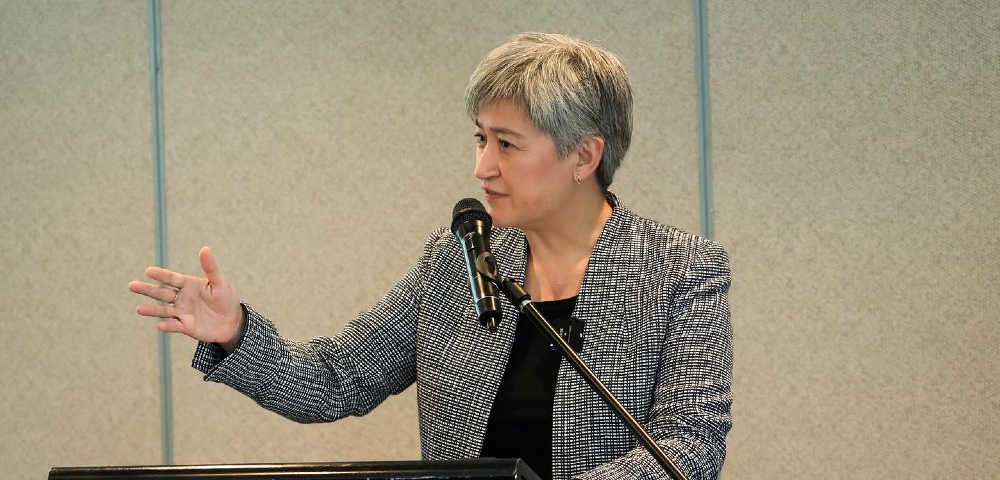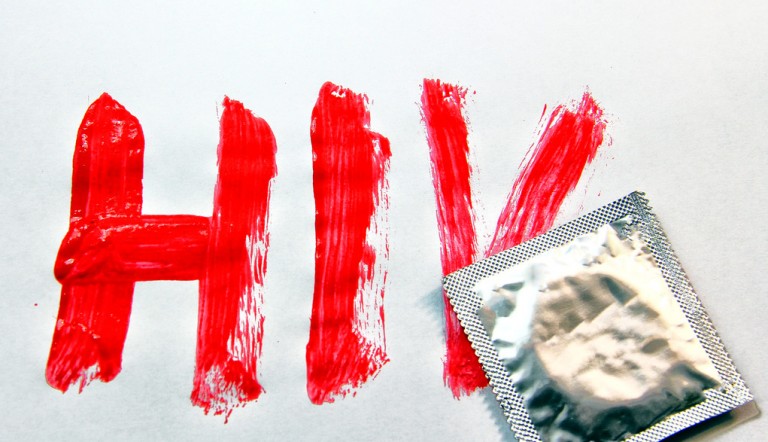
“Homosexuals must repent … or be punished by God.” These words echo the eulogy delivered by an Anglican pastor at the funeral of David Kato, a renowned Ugandan activist who was bludgeoned to death last week.
Kato worked to challenge the complex religious, national and neo-colonial politics that sought to denounce the lives and experiences of LGBTI people living in places like Uganda.
In Uganda, rhetoric that condemns homosexuality is not confined to the pulpit — it is reinforced by laws that criminalise consensual sexual activity between people of the same sex, often by imposing lengthy prison sentences. A bill to introduce the death penalty is before the country’s Parliament.
While it is easy, and often necessary, to express our anger and abhorrence at laws motivated by homophobia, we have to ask where does this bigotry come from? Sodomy offences or ‘acts against the order of nature’, as they are commonly referred to, were introduced through colonialism as a way of policing all non-heterosexual or non-reproductive relationships. Recently, support for such laws were bolstered by evangelical Christian claims that homosexuality was a threat to the cohesion of African families.
Understanding the broader cultural context that facilitates homophobia does not erase the responsibility of the Ugandan Government for the escalating homophobic violence in the country. While it’s important to condemn such injustices, it is equally important to dispel the myth that all African countries are barbaric and essentially homophobic and all Western countries are accepting and tolerant.
Even now in Australia we hear claims that same-sex parenting is a form of social engineering that undermines the “inherent gender complementarity” of mothers and fathers. Is this radically dissimilar to the rhetoric mobilised in Uganda that homosexuality undermines the fabric of the family?
Rather than demonise Uganda or romanticise the West as a site of gay liberation, we must accept that homophobia remains a pervasive problem — cutting across geographic, political, religious and cultural boundaries. As we mourn David Kato’s death, we must reflect at what was at stake in his work — an activism founded on dialogue rather than condemnation. He sought to ensure the recognition of sexual and gender minorities in ways that validated their historical and cultural differences. By continuing this legacy to combat homophobia wherever it exists, we can hope to do justice to David Kato’s life.
info: Sen Raj is Senior Policy Advisor for the GLRL.



